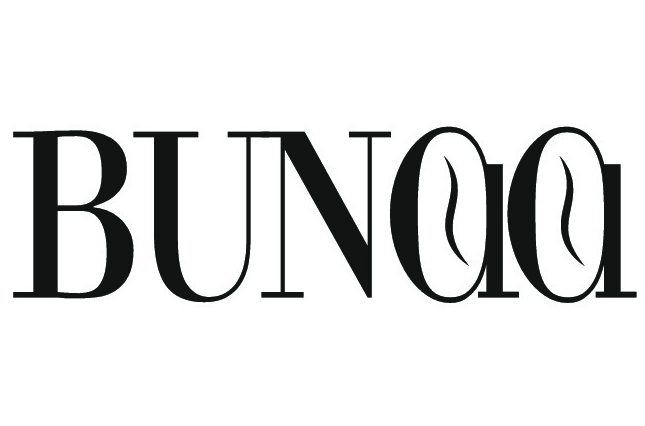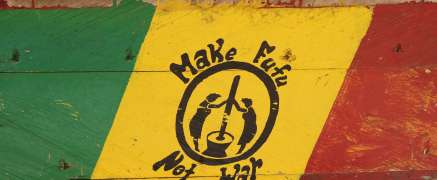The 2nd largest cacao producer, is only #48 of coffee producers worldwide.
- The Robusta coffee plant is indigenous to West Africa and mainly grows at altitudes of 600 – 900m.
- Despite this, it was not until the 18th Century that the cultivation of coffee began.
- The government decided to intervene in Ghana’s coffee production in the 1980s. They started to help set up plantations in order to increase the production of coffee in Ghana.
- However, it was around this time that farmers began to abandon these crops as the price of coffee crashed at roughly the same time.
- The raw coffee is exported, like other raw materials processed abroad or refined, in order to import it again much more expensive, e.g. instant coffee.
- Ghana produces roughly 4 million pounds of coffee a year
- The Robusta beans have an earthy taste and can often be quite bitter and grain-like, but with a peanut butter aftertaste. This is why Robusta beans are often used in coffee blends, espressos and Instant coffee.
Coffee in Ghana: Culture
- Not surprising, that coffee drinking does not have much tradition in Ghana.
- Although coffee is getting increasingly popular – Nescafe and other instant coffees are dominant.
- However there are numerous Ghanaian coffee brands available to try, like Upcountry Coffee Company, Kawa Moka, which is an all-female-owned brand, as well as Gold Coast Roasters, Asili Coffee, and Volta.


